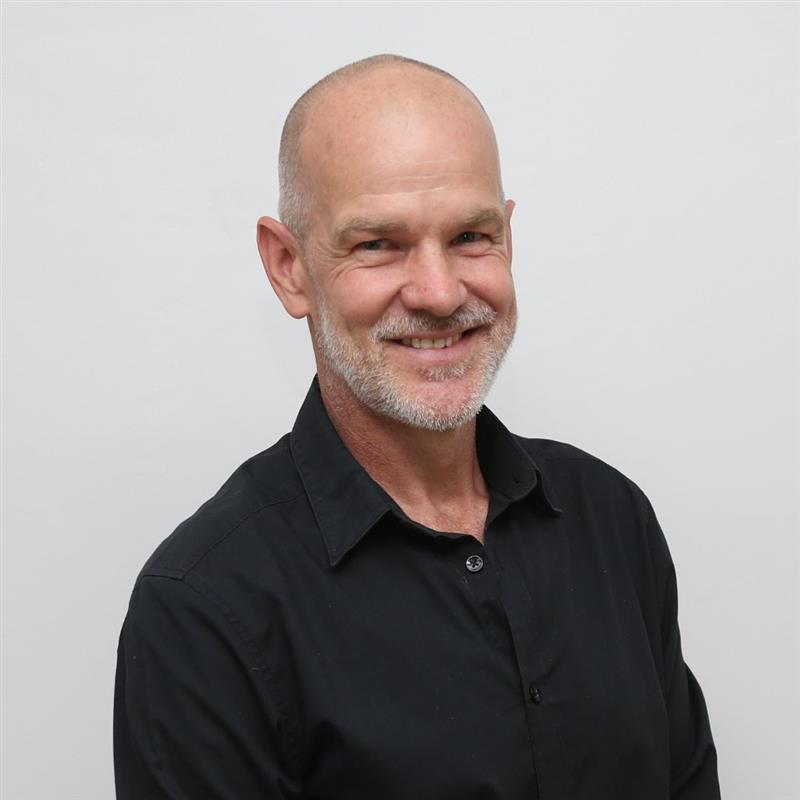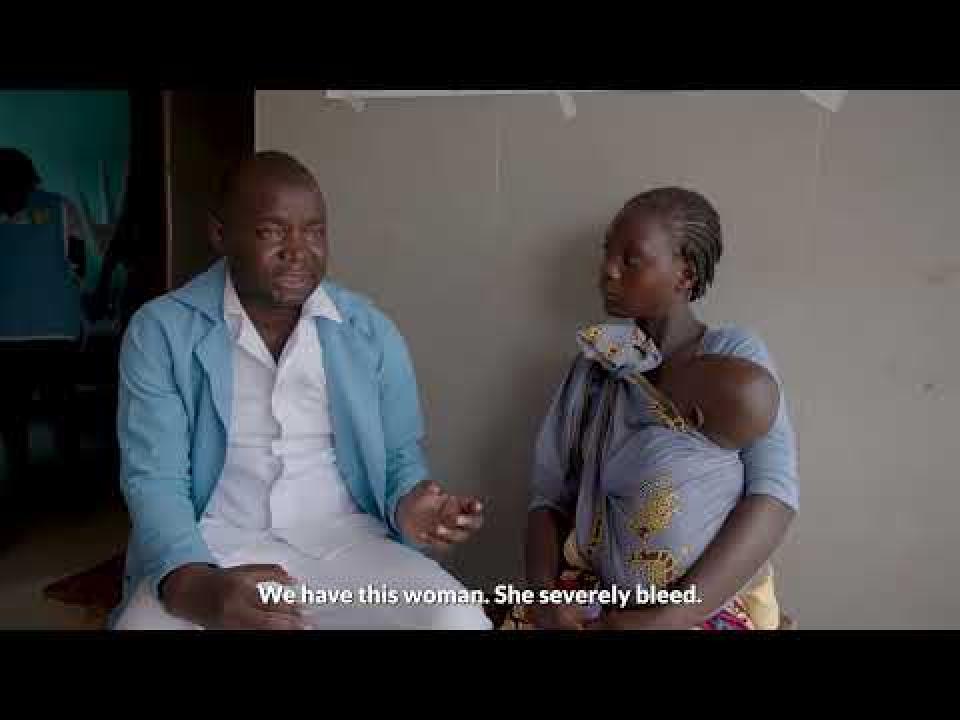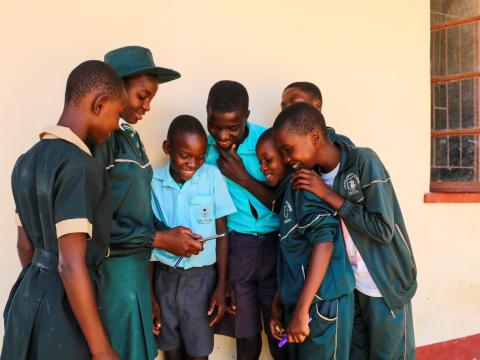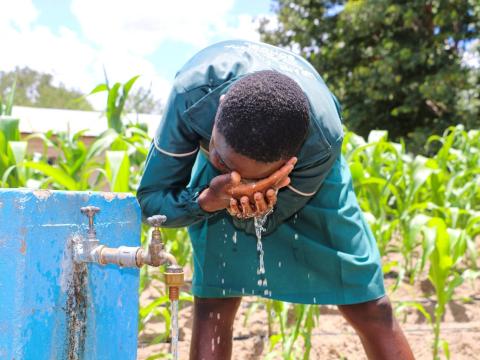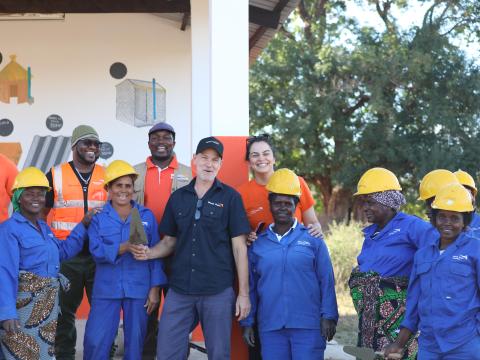
From Guns to Ploughshares: What Mozambique Teaches Us About Resilience
Matthew Pickard, Regional Director for World Vision Southern Africa, reflects on Mozambique’s powerful example of post-conflict recovery and resilience. Drawing from personal experience in Niassa Province after the civil war, he emphasises that peace is not solely the product of political agreements—it is built and sustained by communities. Yet, Mozambique’s peace remains fragile. In Cabo Delgado, ongoing insurgency has displaced over 50,000 people since early 2024.
He reaffirms that Mozambique’s story underscores a critical development truth: sustainable peace is people-powered. When local leadership, civil society, and governments collaborate, transformation is not only possible—it’s inevitable.
If nearly a million weapons can be turned into ploughshares, bicycles, and sewing machines, what else is possible when we invest in communities? Mozambique’s story shows us that peace is not secured by treaties alone—it is built by people.
Peace Is Forged in Communities, Not Just at Negotiating Tables
Mozambique offers one of Africa’s most compelling lessons in peacebuilding. After a devastating civil war that claimed over a million lives, reconciliation was not just written into agreements; it was lived out in villages and towns. Early in my career, I lived in a humble house in Niassa Province, in the far northwest, just after the civil war had ended. I fetched water by hand, lived alongside neighbours who had lost so much, and saw firsthand how people rebuild, day by day, after conflict. It was Mozambique that first taught me what true resilience looks like.
Returning now as Regional Director for World Vision on a visit to Mozambique recently, I was moved by how much has changed and yet how some truths remain constant: real transformation is always driven by communities themselves.
No one embodies this better than Emeritus Bishop Dom Dinis Sengulane, whom I met and whose Transformando Armas em Enxadas (Transforming Arms into Ploughshares) initiative remains legendary. Through his leadership, nearly one million weapons of war were surrendered and exchanged for farming tools, bicycles, and sewing machines—tools of life, not death.
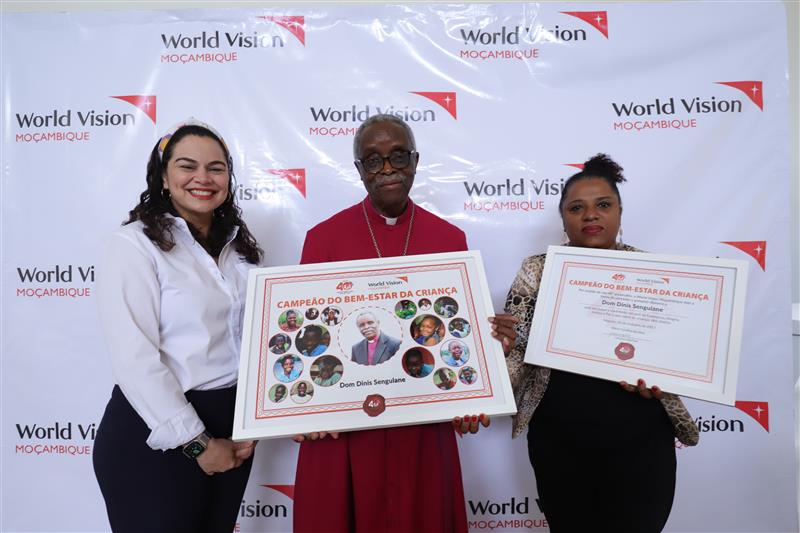
The British Museum picked up on this initiative and commissioned a sculpture to be made from these decommissioned weapons. That sculpture, the ‘tree of life’ is still on display in the museum if you happen to be passing it is well worth a look.
This is more than symbolism. It demonstrates that lasting peace is not imposed from above; it grows from the ground up when people see alternatives to violence. Listening to him, I was reminded that peace is not only made at negotiating tables; it is forged in communities when people lay down their arms, pick up a ploughshare, and choose a future over fear.
Resilience Under Fire: Cabo Delgado’s Crisis
But peace remains fragile. In Cabo Delgado, an ongoing insurgency by non-state armed groups has displaced over 50,000 people since February 2024, many of them children. Families have fled multiple times, losing homes, livelihoods, and hope.
In this reality, humanitarian work is not charity—it is survival. World Vision Mozambique has reached more than 5,200 displaced people with life-saving assistance in water, sanitation, food security, shelter, education, and child protection. We are restoring dignity through clean water, providing safe spaces for children, and ensuring education continues even amid chaos.
This work is a lifeline in a region where displacement is surging and a reminder that recovery starts with restoring agency to communities, not treating them as passive recipients of aid.
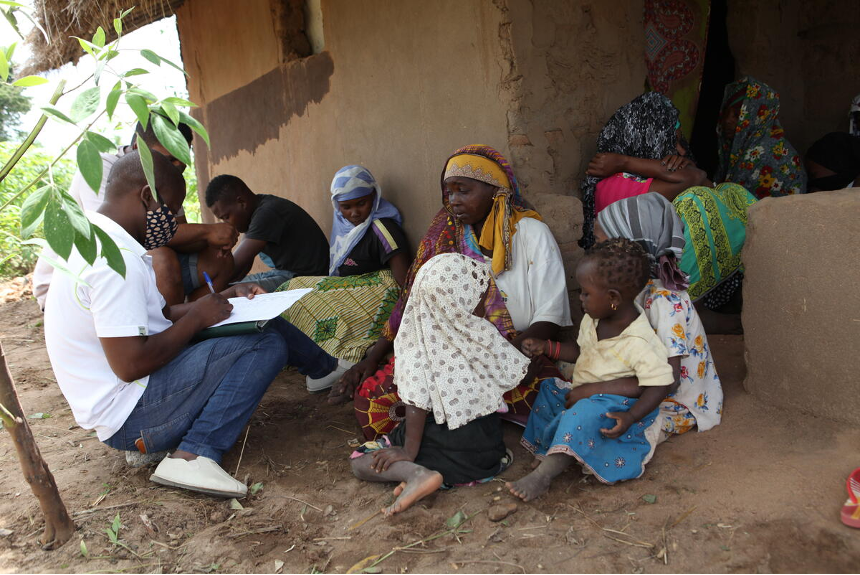
Partnerships That Build Futures
Our engagement does not stop at emergency response. During my recent visit, I had the honor of meeting President Daniel Chapo, who reaffirmed Mozambique’s commitment to ending child marriage, expanding school feeding programs, and strengthening health systems. These national priorities align with World Vision’s mission: to create safer, healthier futures for every child.
What the World Must Learn from Mozambique
Mozambique teaches us an urgent truth: policy alone does not create peace—people do. We must recognize that sustainable peace and resilience come when local leadership, civil society, and governments work hand in hand.
If a nation can transform a million guns into tools for life, then surely the global community can transform broken systems into ones that serve children and families.
Because if peace can be forged from surrendered weapons, what’s stopping us from investing in the communities that make it possible?
About the author:
Matthew Pickard is the Regional Leader for the Southern Africa Region. He brings with him more than 25 years of experience in international development with leadership roles across Asia and Africa. Before being the Regional Leader, Matthew served as Associate Vice President for Organisational Effectiveness at CARE US, where he championed strategic initiatives to strengthen operational excellence and empower teams. His previous roles include Regional Director for Southern Africa and Country Director positions for CARE Malawi, Save the Children Malawi, Save the Children Lao PDR, Concern Worldwide India, and Christian Aid Mozambique. Matthew’s career began with a nine-month internship at World Vision UK, marking the start of his lifelong commitment to humanitarian and development work.
